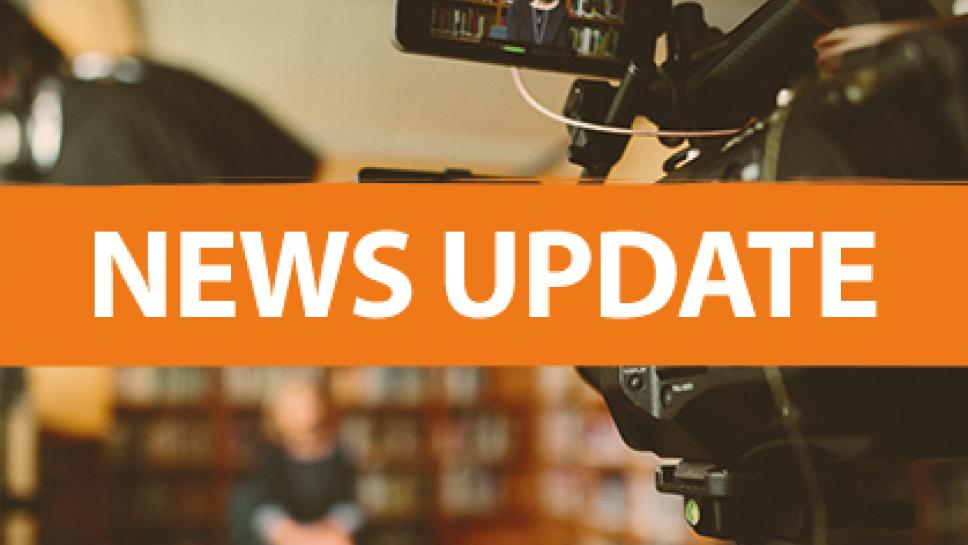
Since the lifting of all COVID-19 restrictions, including shielding for the clinically vulnerable, we are all slowly taking the first steps towards going out more for work, socialising or even just going to the supermarket and medical appointments. For some, this may mean needing to use public transport more. As such, the Department for Transport have relaunched the campaign, called 'It's everyone's journey', that aims to improve public transport for disabled people and empower them to travel easily and confidently.
The campaign aims to enable more disabled people to travel with confidence, by challenging the way people use public transport and encouraging the wider public to have a little more consideration for fellow passengers. The campaign's key messages include:
- being prepared to help each other
- being patient with each other
- being prepared to give up a priority seat
- providing reassurance around regular cleaning routines
- raising awareness of support services available across the network.
We are aware that after shielding and reducing contact with others, the idea of travelling on public transport may feel daunting. This hesitancy isn't just limited to reliability and physical infrastructure but may also include the psychological effect of previous negative experiences. Disabled people travel up to a third less than non-disabled people, which has further implications on access to employment, healthcare, education and social activities.
In light of this, the campaign's core objective of changing the general attitudes amongst the general public is very much welcomed. This change could be a huge boost for people; in the past, not everyone has been confident in asking for a seat when they need one, due to the negative experiences they have encountered. This can be especially true for people with invisible disabilities, which the campaign is seeking to address too.
The campaign encourages people to offer seats without being asked, which will be a welcome improvement. However, when this doesn't happen, we would like to encourage people to be confident in asking for assistance when they need it. Addressing prejudice, and empowering people to communicate openly without worry, will ensure everyone can access the support they need to travel comfortably and easily on public transport.
To learn more about the campaign, visit the campaign website. To find out more about the rights of disabled passengers on transport, click here.
